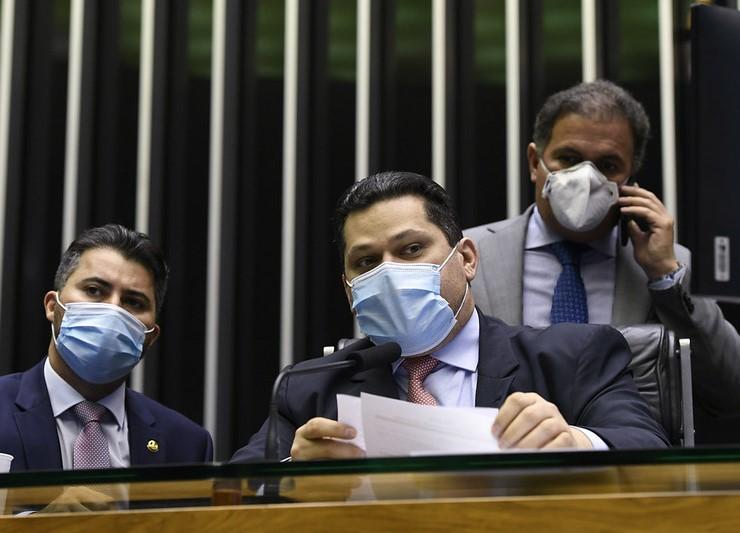A surge of infections in Russia lifted the country's COVID-19 total to the world's second highest, as illness numbers and deaths continued to rise sharply in parts of South America.
The global total today rose to 4,327,288 cases from 188 countries, according to the Johns Hopkins online dashboard. The number of deaths approached 300,000 and is at 295,540.
Russia struggles with COVID-19 burden
Russia today reported 10,028 cases, raising the country's total to 242,271 and lifting it above Spain as the second most affected country. However, Russia's death total of 2,212 so far is much lower than the other hard-hit countries.
A Washington Post story today on Russia's outbreak describes a health system that is struggling with staff shortages, an inadequate protective equipment supply, and many healthcare worker infections. Superspreading events are occurring at hospitals, and at least 400 facilities have been identified as COVID-19 hot spots.
Though the country performed about 6 million tests, doctors have said results are inaccurate in about 20% of cases, and Russian officials today announced a halt in the use of ventilators linked to two recent hospital fires, made by a company that had been designated as Russia's sole supplier and was to supply 5,700 more.
The report also said Russia's death toll is probably low, because it counts COVID-19 cases more conservatively than other countries and many COVID-19 deaths have been attributed to other cases.
South America evolving as major hot spot
Elsewhere, the head of the World Health Organization's (WHO's) Pan American Health Organization (PAHO) said yesterday that she is "deeply concerned" about the pandemic's rapid expansion in the Americas. A New York Times analysis yesterday found that the pandemic wave in Latin America rivals the worst outbreaks in Europe and New York, but is unfolding under the radar, partly because governments can't or won't provide accurate deaths totals.
Carissa Etienne, MBBS, MSc, said for the week ending May 11, 96,000 new cases and 5,552 more deaths were reported in South America., The relative increase in cases was 45% and the relative increase in deaths was 51% compared to the week before.
Health systems in large urban centers such as Lima, Peru, and Rio de Janeiro, Brazil, are quickly becoming overwhelmed, she warned, adding that COVID-19 impact extends to smaller towns and remote communities, including those in indigenous areas where access to healthcare is challenging.
Brazil today reported 881 deaths, its highest daily fatality number, raising its total to 12,400, the world's sixth highest, the BBC reported. Experts have said the real fatality count may be much higher due to a lack of testing.
WHO raises prison concerns, releases healthcare app
The WHO and its United Nations partners today raised concerns about the vulnerability of prisoners and other people in closed settings to COVID-19 outbreaks.
In a statement, it urged countries to limit incarceration, especially when conditions are overcrowded, and to consider release for prisoners who are at risk for COVID-19, including older people and those with underlying health conditions. The groups also said improving cleanliness and hygiene in prisons or jails is needed to prevent or limit the spread of the virus.
Given that prison populations have high numbers of people with other medical issues, such as tuberculosis, hepatitis B and C, and substance abuse, which put them at increased risk for COVID-19 complications, the WHO recommended that facilities ensure that treatments that began before or during imprisonment continue in close collaboration with public health authorities.
At a media briefing today, WHO Director-General Tedros Adhanom Ghebreyesus, PhD, said, "We urge political leaders to ensure that COVID-19 preparedness and responses in closed settings are identified and implemented in line with fundamental human rights and are guided by WHO guidance and recommendations to protect human health."
In another WHO development, officials announced the launch of the WHO Academy phone app for healthcare workers, which provides the most current WHO guidance, tools, training, and virtual workshops to help care for COVID-19 patients.
China reports more case clusters
In Asia, China today reported seven new cases, six local cases from Jilin province, which is experiencing an outbreak in the city of Shulan, and one imported case, according to the National Health Commission. China's state media said the six local cases are all related to previous clusters. The country also reported eight more asymptomatic cases, seven of them local and one imported.
Meanwhile, Hong Kong for the first time in 3 weeks reported new local cases, Reuters reported, noting that the city reopened bars, gyms, and movie theaters last week. And South Korea reported 26 more cases today, 18 of them related to recent nightclub clusters in Seoul, according to Korea Center for Disease Control.
In other global COVID-19 developments:
- Lesotho reported its first case, becoming the last country in Africa to report a case, Reuters reported, noting that the health ministry had conducted tests on travelers from South Africa and Saudi Arabia. So far, 188 countries have now confirmed COVID-19 infections.
- US-based Gilead yesterday announced voluntary licensing agreements with five generic drug makers in India and Pakistan to expand the supply of the experimental antiviral drug remdesivir, which has shown promising results in initial clinical trials for the treatment of COVID-19. The company said the move would ensure distribution to 127 countries, nearly all of them lower and lower-middle income countries.
- The European Commission is considering using a $2.6 billion emergency fund to boost pharmaceutical lab capacity, amid fears that if a vaccine is developed, the European Union might not be able to produce enough, Reuters reported.





















